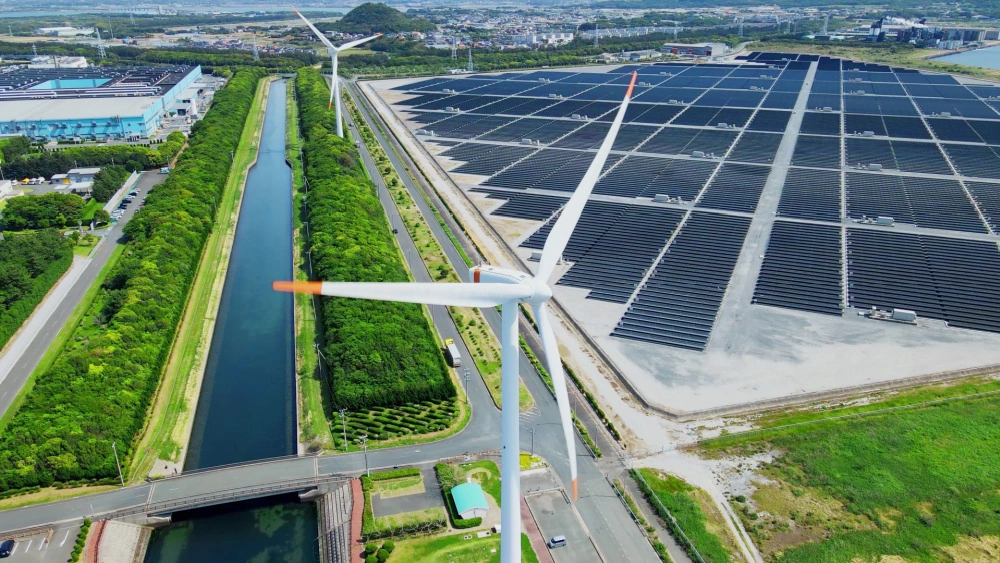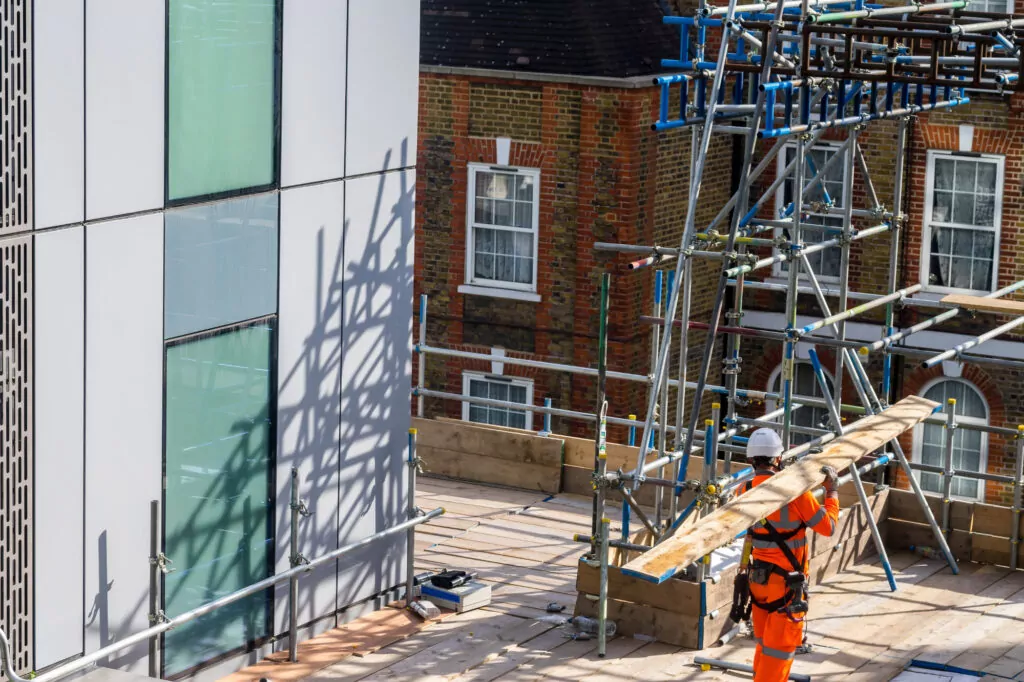
Planning for the Future: the implications of the White Paper on Retail


The Government published the Planning for the Future White Paper in August 2020 hailing it as a once in a generation opportunity to fix a planning system that has long been regarded as not fit for purpose. So what is the implication of the proposals in the White Paper on retail?
Does retail feature in the White Paper?
Although the White Paper recognises that the planning system faces a number of challenges including rebalancing the economy, a simple word search discloses that there is no reference in it to "retail". Brief reference is made to helping businesses to expand with readier access to the commercial space they need in the places they want and having flexibility to change use of buildings, but the key focus of the White Paper is on the ability of the planning system to deliver housing.
One of the key proposals in the White Paper is to revise the Local Plan making process. Local Plans set out land use policies within a local authority's administrative area. These policies inform decision making when local authorities consider planning applications. The Local Plan making process has long been criticised as it is often a lengthy one.
Only approximately 50% of local authorities have adopted local plans and many have taken up to 15 years to work through that adoption process. This means that in many local authorities there is a policy vacuum.
Will new Local Plans benefit retail?
The White Paper has proposed that Local Plans should be briefer documents and literally more plan based, disposing of lengthy contextual aspects which make them cumbersome documents and, changing the emphasis to a more zonal style of planning. The White Paper also proposes that the Local Plan making process should be subject to a statutory time frame of 30 months in which they must be adopted. The intention is that this will ensure that all local authorities have a Local Plan and there will cease to be a policy vacuum.
Establishing an up-to-date policy base gives long-term certainty to developers and sets the scene for masterplanning of communities, not just piecemeal development proposals. However, it will be critical that a reform of Local Plan making emphasises the need for a holistic approach to sustainable community making not just a single-minded focus on the delivery of housing.
This is important to the retail sector, not just in terms of its own decision making relating to new retail development, but also because up-to-date land use policies give certainty to housing and commercial property developers and set the scene for the delivery of development that is properly integrated with existing high street and city centre resources. Such an approach to planning policy would directly benefit established retail uses and encourage new retail uses
What else will the planning system have to address?
The coronavirus pandemic could lead to long-term major changes to living and working habits such as a desire for rural living, a shift in focus towards home workers making more use of high streets and a rebalancing of city centres with more residential development.
Together with a transport system that addresses local mobility where commuting habits change, then these are all matters that the current planning system is not agile enough to respond to. Reform of that system is welcome but must be well thought through and go beyond housing delivery. The CBI has responded to the White Paper on behalf of all business sectors.
Summary
At a time of extraordinary economic stress for many retailers the planning system has a key role to play in enabling retailers to rebalance their estates and in enabling placemakers to take a holistic approach to the development of communities that will be crucial to sustaining retail uses in towns and cities.
The reforms to the planning system that are being taken forward by the Government will have to be well considered and go far beyond a focus on the delivery of housing if businesses particularly retailer businesses are to thrive.















